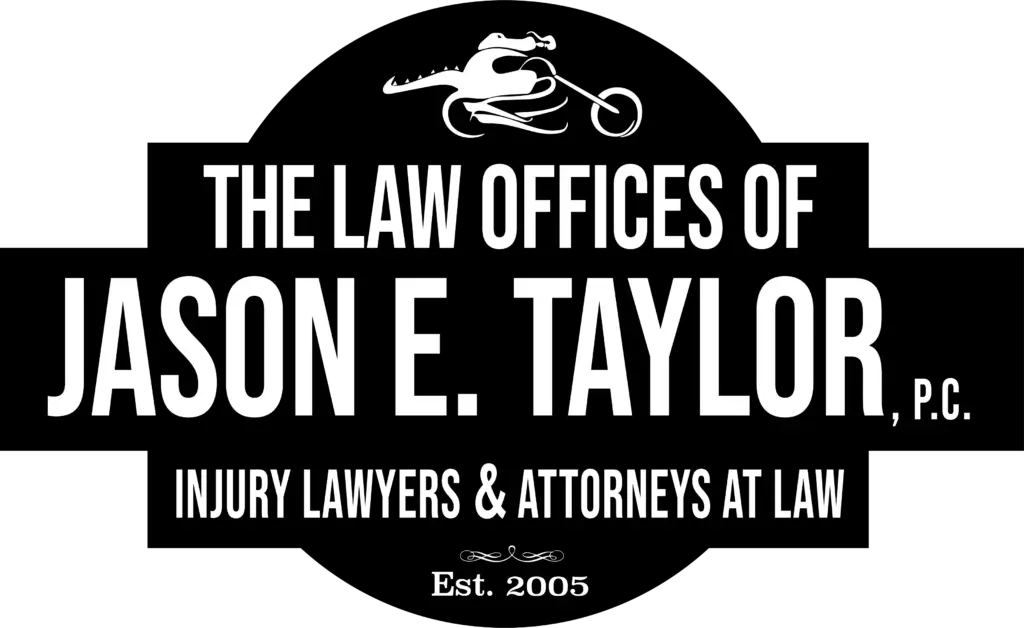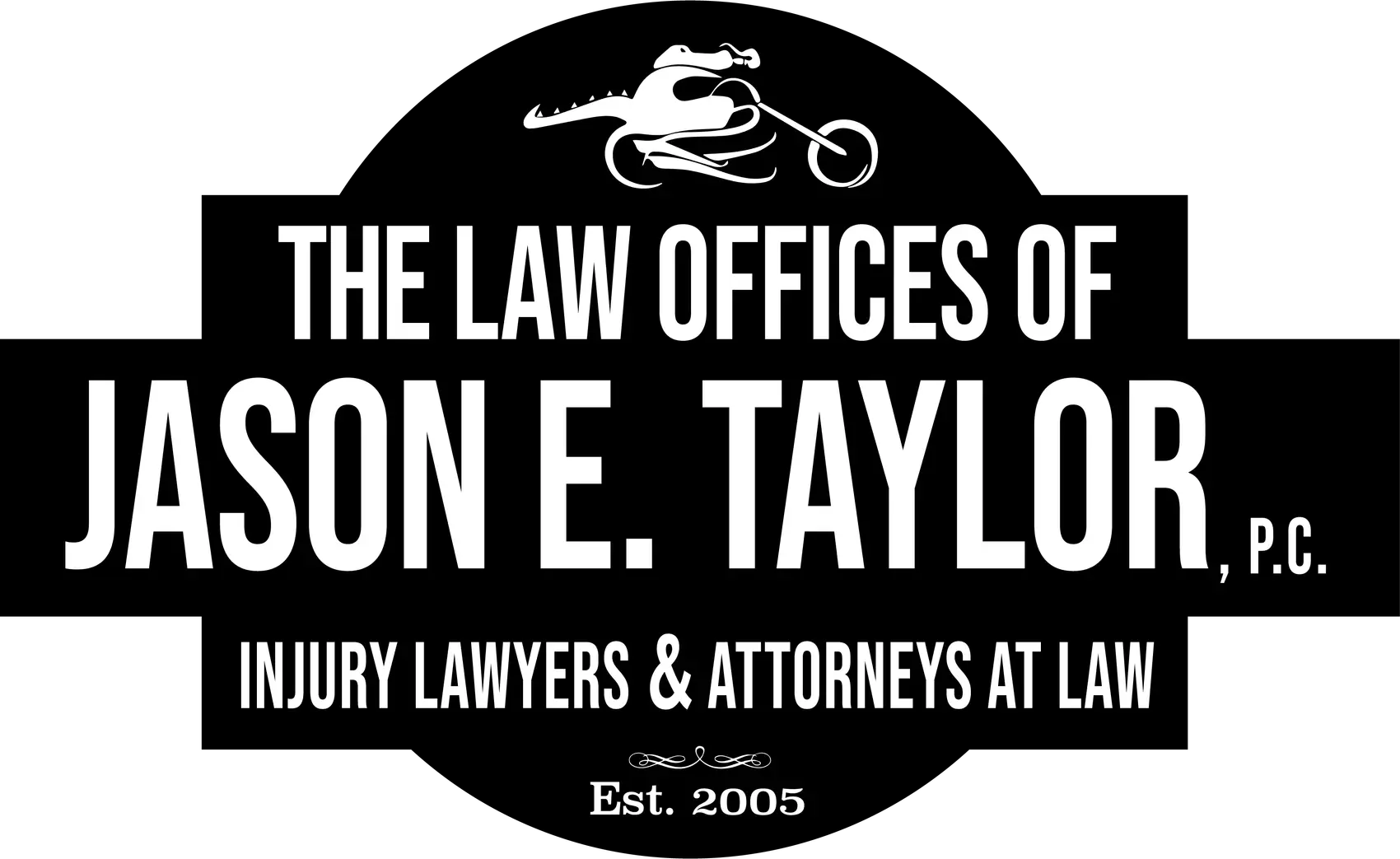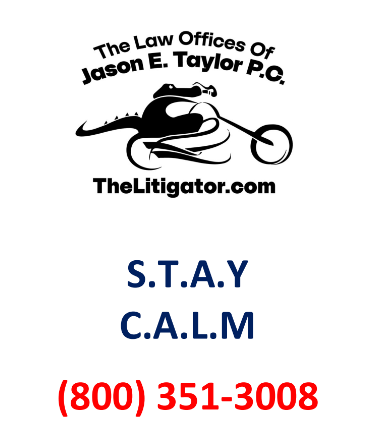The impact of the Coronavirus pandemic has been substantial in the United States, as the nation tries to avoid a healthcare crisis. Many cities and states are requesting, a few even ordering, that citizens “shelter in place,” resulting in businesses being shuttered and employees without wages. Only certain categories of work are deemed “essential” and fall within the exceptions to these rules.
Workers Compensation in North Carolina and the Coronavirus -The Law Offices of Jason E. Taylor, P.C.
Governor Roy Cooper issued a shelter-in-place rule for North Carolina, which went into effect on Monday, March 30, 2020, at 5 pm. This will force many businesses to close and workers to lose their jobs (even if temporarily).
Alongside the tremendous economic impact from closed businesses and people out of work, the Coronavirus has an unprecedented effect on North Carolina courts. The North Carolina Supreme Court Chief Justice recently issued an order setting out how the court system will operate during the current Coronavirus pandemic. This order significantly reduces courthouse activities, extends filing deadlines, and delays trials and hearings.
What about North Carolina workers’ compensation claims?
The Chief Justice’s recent order does not directly apply to the North Carolina Industrial Commission, the government agency which administers the North Carolina Workers’ Compensation Act. Fortunately, the North Carolina Industrial Commission, unlike North Carolina’s civil and criminal courts, was already utilizing technology that mitigates the impact of the Coronavirus.
Documents are already filed electronically for the most part, unlike the North Carolina court system, which is still working to implement such a system. Many motions are heard without in-person hearings, and telephonic hearings are conducted for some motions.
Overall, the North Carolina Industrial Commission is very prepared to have its employees work remotely, allowing reduced impact on injured workers who have claims. That said, there will be delays and disruptions for injured workers having their claims processed and decided by the North Carolina Industrial Commission.
The following is an overview of some key aspects of the workers’ compensation system and the impact the Coronavirus crisis will have upon them.
Hearings:
The North Carolina Industrial Commission has followed the lead of the North Carolina Court system in “bumping” all live hearings before a Deputy Commissioner out 30 days. The process for most hearings in the North Carolina workers’ compensation system is already a drawn-out affair, and Injured workers with denied claims, or partially denied claims who had hearings set before the end of April will have to wait yet additional time to get their cases heard. This will mean further delay in treatment and benefits for injured workers who do not have disability or health insurance outside of the North Carolina workers’ compensation system to use while waiting to have their cases heard.
Medical motion hearings before a Deputy Commissioner will still be conducted at their currently scheduled date, but all will appear by telephone. However, such evidentiary hearings normally involve the parties taking doctors’ depositions, and there is no doubt scheduling and conducting these depositions will be problematic.
Appeals:
When an injured worker or an insurance company wants to appeal the decision of a Deputy Commissioner, those appeals are made initially to the Full Commission of the North Carolina Industrial Commission. Hearings for appeals are conducted with only the attorneys for each side making oral arguments to a panel of three Commissioners. For the time being, these will be conducted by telephone, so there should be no significant interruption in the ability of the Industrial Commission to get decisions out as normal after telephonic hearings are conducted.
When a party appeals from a decision of the Full Commission of the North Carolina Industrial Commission, they are made to the North Carolina Court of Appeals. Such appeals will be impacted by the Chief Justice’s order regarding filing deadlines and the operation of the court system.
Mediations involve the injured worker and the insurance company and employer having a conference to try to resolve any current disputes and possibly settle an injured worker’s claim completely. Fortunately, mediations can still go forward, as long as they are conducted by telephone and or video conference, and IF all parties agree. Currently, mediations for many North Carolina workers’ compensation cases are still be conducted remotely, and cases are being resolved.
Administrative motions and settlement approvals:
As the North Carolina Industrial Commissioner already required the parties to submit settlement agreements electronically via an online portal, review, and approval of the agreements continues as before. Injured workers who settle their claims do not need to worry that the Coronavirus will cause much of a delay in getting approval of their settlement.
As far as motions, most administrative and other motions which don’t involve a hearing can be filed as usual..To the extent that an injured worker needs to obtain evidence such as records needed for their motion or the hearing officer’s request, there may be some delays.
New workers’ compensation claims:
New workers’ compensation claims CAN be filed, and the North Carolina Industrial Commission is “open for business” as much as is possible.
The North Carolina workers’ compensation system is well equipped to handle the disruption from the Coronavirus pandemic, and many cases can still move forward. That said, injured workers will need to expect that there will be “hiccups” and delays as their cases move forward, even after the shelter at home and other restrictions due to the Coronavirus are removed. An experienced workers’ compensation attorney can help injured workers navigate the North Carolina workers’ compensation system and avoid or reduce as much as possible the impact of the Coronavirus on pursuing their claims.






